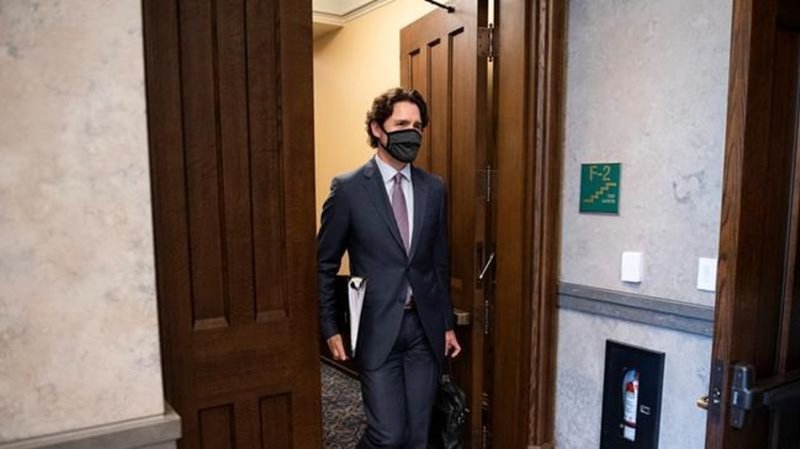
Liberal MPs call for national standards for long-term care homes
OTTAWA — Justin Trudeau is being pressured by some of his own Liberal backbenchers to implement enforceable national standards for the operation of long-term care homes in Canada.
The pressure came Thursday from five Toronto-area Liberal MPs, whose ridings are home to some of the elder-care facilities that have been devastated by COVID-19.
And it came just as the prime minister was preparing for his 11th conference call with premiers since the COVID-19 pandemic hit Canada in mid-March.
He had promised to repeat on the call his offer of federal help to improve conditions in care homes and to provide paid sick leave for workers forced to stay home due to COVID-19.
